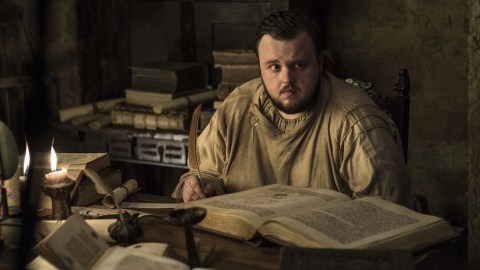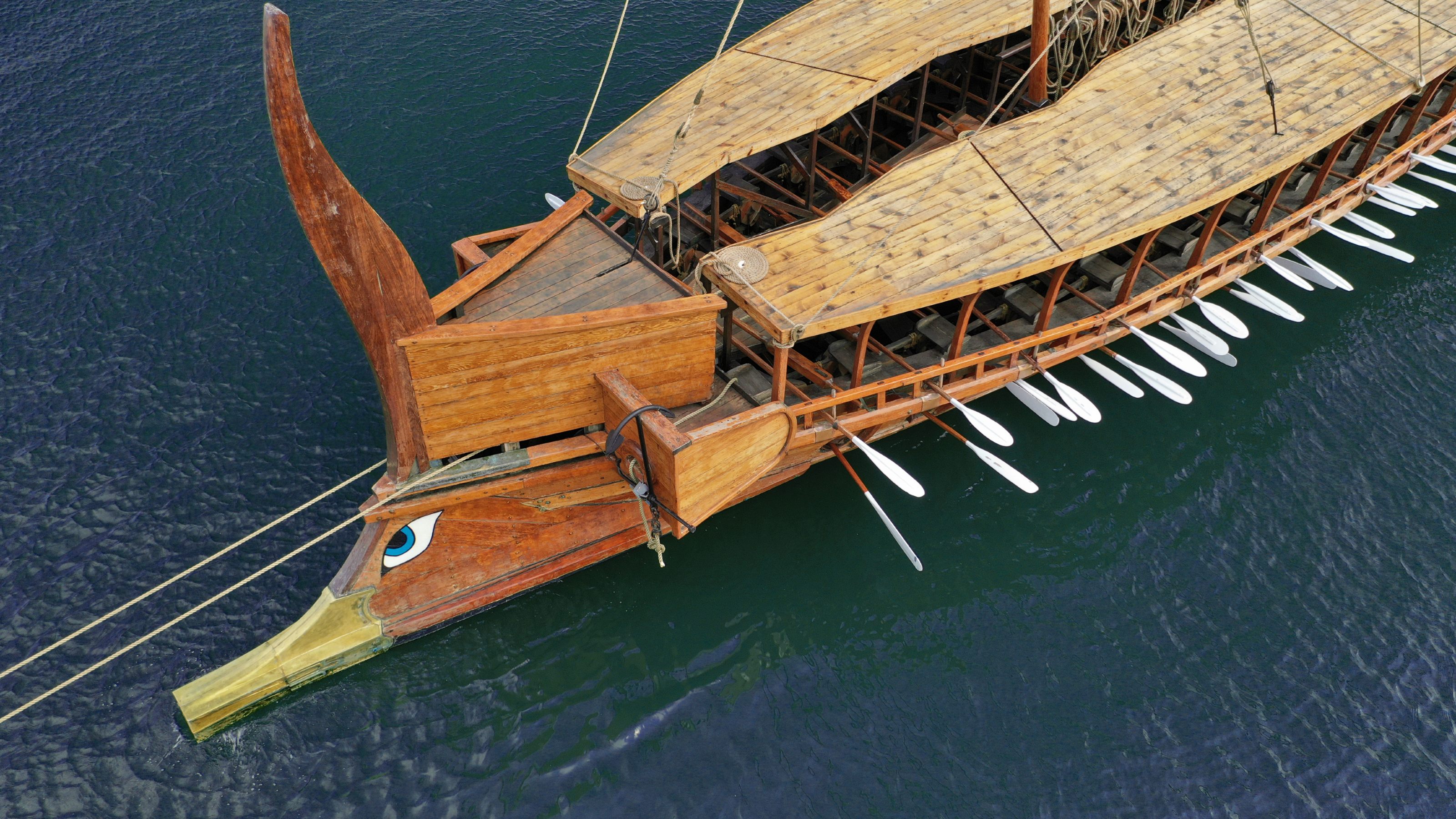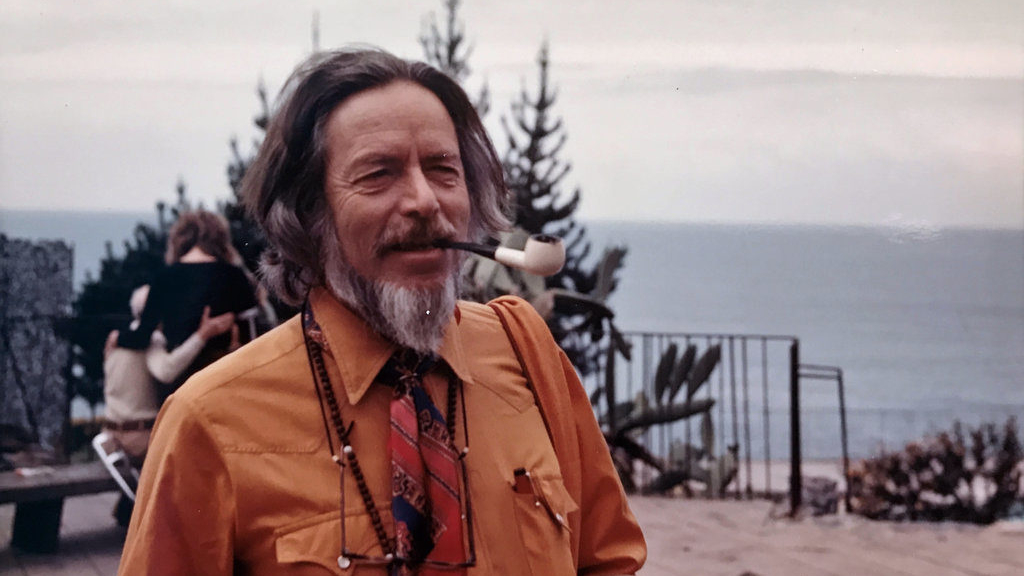Game of Thrones: Why Samwell Tarly Was the MVP of ‘Dragonstone’

Joseph Campbell never witnessed the widespread influence of his life’s work. His most famous work, The Power of Myth, a conversation with the journalist Bill Moyers, was published posthumously. Campbell’s wife, Jean Erdman, later commented that Campbell wouldn’t have enjoyed fame all that much. He was in it for the stories.
That’s what led him to a life of mythology, reading about Native Americans as a young boy. When Moyers opens The Power of Myth with a question about the relevance of mythology in everyday life, Campbell replies that it just catches you. We’ve lost “the literature of the spirit,” he continues, we’re only concerned with the news and problems of the hour. This was thirty years ago.
But a long view of history and culture is essential, according to Campbell.
When the story is in your mind, then you see its relevance to something happening in your own life. It gives you perspective on what’s happening to you. With the loss of that, we’ve really lost something because we don’t have a comparable literature to take its place.
Fortunately we do have a literature of the spirit today, only for most people it takes place on a screen. How the story is transmitted is not as important as that it’s transmitted, however. The very problem that Campbell addresses made its way into last night’s premiere of Game of Thrones.
The montage of Samwell Tarly’s drudgery working as an intern at the Citadel—cleaning bedpans, serving bean soup, stacking books, books thrown at him; editing you won’t quickly forget—comes to a head when weighing organs for the Archmaester. Sam says he wants access to the restricted area. He was sent to the Citadel to learn how to defeat the White Walkers, which the stuffy academics in their pearly tower don’t believe in. Sam, though, has seen them.
What strikes most in this episode is the evolving maturity and confidence of certain characters: Jon Snow making adult decisions as king; Sansa Stark shutting down Littlefinger; Sam stealing keys to access the restricted area. Sam’s usurpation celebrates Campbell’s mythology: he’s seeking the long view of history, which, of course, he discovers by way of an archaic map of the volcanic island of Dragonstone. Suddenly in front of his eyes is the store of obsidian, aka dragonglass, he’s been looking for.
The emphasis on the library and its books—stored knowledge—gave this episode an exceptionally mythological feel. The series is the world’s current most popular mythology, a story so grand that the HBO website crashed last night when the premiere released. And a story only makes sense when it touches upon the climate of the times it is being presented in. Without a link to the modern world the story could not possibly have such impact.
Which is the function mythology has always served. Gilgamesh’s epic journey for the plant of immortality, still told in the dreams of Silicon Valley coders uploading consciousness into the cloud; Homer’s wars retold in theatrical narratives reflecting American invasions; the Vedas and Sutras reinterpreted in home furnishings and tattoos in a planetary remix of yoga. Humans communicate through stories. The ones touching the largest number of people influence the outcome of history.
And they serve as warnings. The Archmaester tells Sam, “we are this world’s memories,” an important reminder at a time when the very nature of higher learning in America is under assault. The “uneducated” make good war fodder, whether that battle is fought by soldiers or for the minds and wallets of a nation’s citizens. The antidote to such ignorance is reading.
While the Archmaester is certain of his institution’s role, he is not without blind spots. The wall has stood through it all, he tells Sam, and has emerged after every winter thus far unscathed. His final analysis: it can never happen here. Foreshadowing at its most blatant.
Before yesterday’s premiere I stumbled across a Vox video relating themes in Game of Thrones to climate change. As expected, Facebook debates were heated, as every idea about this series inevitably is. But one recurring sentiment was stark: Leave my television alone. I don’t want to think about the broader implications. It’s just a show. Let me keep something sacred.
Ironic. The only thing that can actually be considered sacred—the planet, at least for us animals—proves to be not as important as what’s on the screen. A vehicle for escape, not a portal into reality. The screen has long served this role; arguably so has literature, to summer readers. But the contrast is especially loud when books are less valued and distractions are everywhere. Mythology becomes a myth, which is tragic.
Sam knows that not only can it happen here, but it is happening at this very moment. The voluntary ignorance of his superiors astounds though doesn’t surprise him. And so he turns to books in what will help determine the future of the planet. We should all be so lucky.
—
Derek’s latest book, Whole Motion: Training Your Brain and Body For Optimal Health, is out now. He is based in Los Angeles. Stay in touch on Facebook and Twitter.





